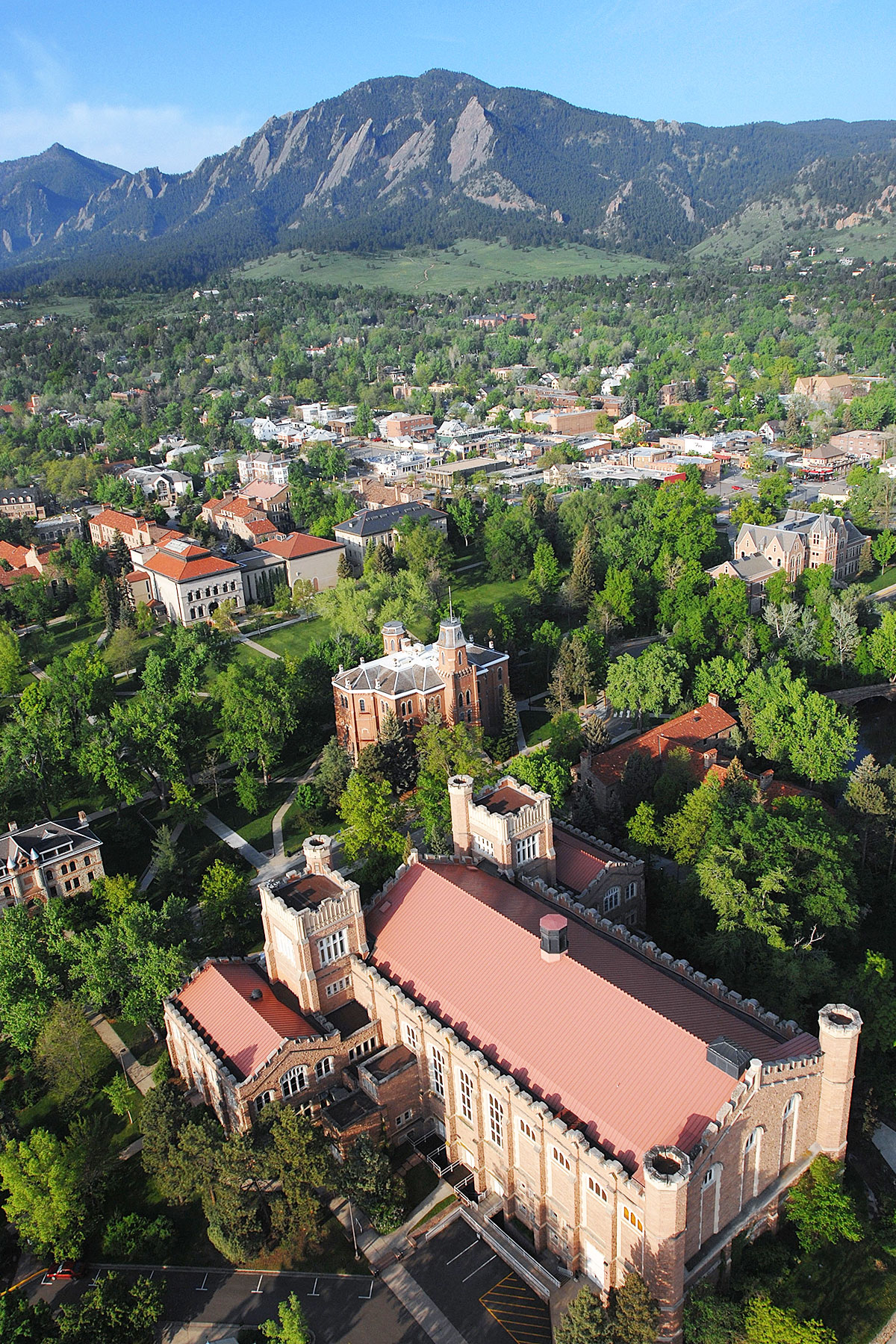University of Colorado representatives testified before a legislative education committee last week in support of a bill moving through the Colorado General Assembly that would grant in-state tuition to members of American Indian nations with historical ties to Colorado.
Senate Bill 21-029 requires the state’s public colleges and universities to provide in-state tuition classification to American Indian students from communities with cultural, geographic and other historical ties to Colorado. Members of dozens of Indigenous groups stand to benefit if the bill passes into law.
On Thursday, the Colorado Senate Education Committee approved the bill by a 7-0 vote, and the bill will move to the Senate Appropriations Committee before advancing to the Colorado Senate and House of Representatives for further discussion. If the bill becomes law, advocates say it would increase college affordability for American Indian students and enable them to pursue their academic goals in a region many consider part of their ancestral homeland. Currently in Colorado, nonresident American Indian college students, including those from Indigenous communities with Colorado roots, are required to pay out-of-state tuition rates.
Andrew Cowell, a professor of linguistics and faculty director of CU Boulder’s Center for Native American and Indigenous Studies, is also an expert in the linguistic tradition of the Arapaho, a people of the Great Plains and Rocky Mountain regions with historical ties to Colorado and the city of Boulder, home of CU Boulder, the university’s flagship campus.
During his testimony before lawmakers, Cowell said, “Native American peoples were forced out of Colorado at gunpoint. This was their home, and many of them still consider it to be part of their home. I work closely with the Arapaho people as a scholar, and whenever I am with them here in Colorado, they always talk about how good they feel to be here. They share their stories and knowledge of this place, and a good deal of my work has involved documenting this knowledge. The in-state tuition bill is one very important step in recognizing past injustices, and in restoring the rights of ‘home’ to these and other tribes.”
CU Regent Lesley Smith, vice chair of the CU Board of Regents, and Regent Emerita Irene Griego also expressed support for the bill, with Smith calling it “a way to improve educational equity and remedy historical barriers to education experienced by American Indians.”
Last fall, the CU system of four campuses adopted the university’s first land acknowledgement statement, describing the decision as an important step in articulating the university’s commitment to Native American students and their communities.
“As leaders of a public institution, we know how critical access to higher education is for all students and that barriers to entry disproportionately impact underrepresented populations, including American Indian people,” Smith told lawmakers. “Allowing these students to qualify for in-state tuition is just one important step we can take in eliminating the financial roadblock that out-of-state tuition rates can create.”
Griego, who served on the board for nine years, worked closely with campus stakeholders and the university administration to bring forward a resolution last fall to ask the state legislature for statutory authority to offer in-state tuition to American Indian students with historical ties to Colorado. The board passed the resolution on Nov. 12.
“We at CU recognize and affirm the ties these nations have to their traditional homelands and the many Indigenous people who thrive in this place – alive and strong,” she said. “We also acknowledge the painful history of ill treatment and forced removal that has had a profoundly negative impact on Native nations.”
Griego also said, “It is incumbent upon institutions in Colorado, especially CU, to put action behind our words. A critical action step is to ensure we are providing educational opportunities for Native students, faculty and staff and advancing our mission to understand the history and contemporary lives of Native peoples.”
For his part, CU Boulder Chancellor Philip P. DiStefano expressed gratitude for the testimony provided by Cowell, Smith and Griego, and called the bill “a symbol of the university’s commitment to supporting the cultures, lives and communities of Colorado’s first residents.”
“Each one of our campuses is located on lands that were historically inhabited by these great nations,” DiStefano said. “It is right and long overdue that we strengthen the ongoing presence of these communities at CU Boulder, Colorado’s flagship campus.”
College-aged students who are members of American Indian tribal communities are far less likely than other students to be enrolled in a higher education institution, with only 19% enrolled in college in 2016, compared to about 41% of the total college-aged population, according to recent census data cited in the bill.

